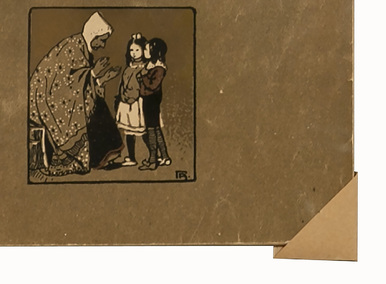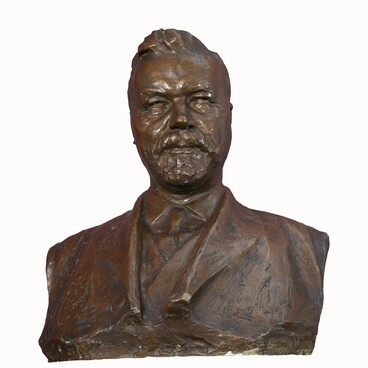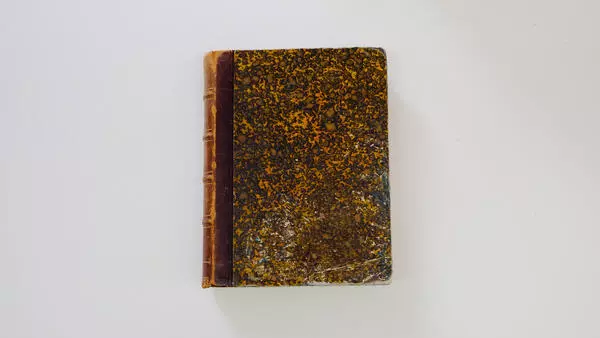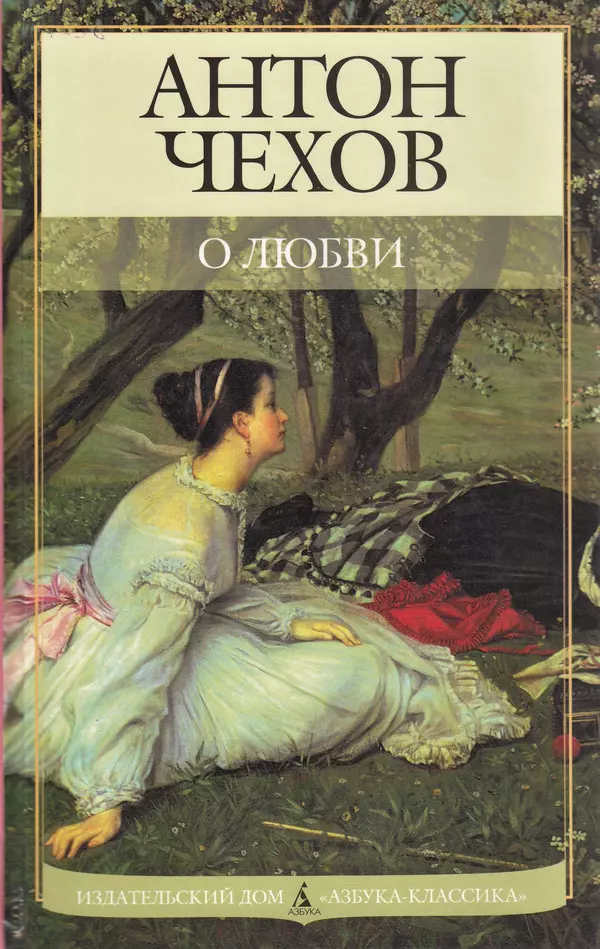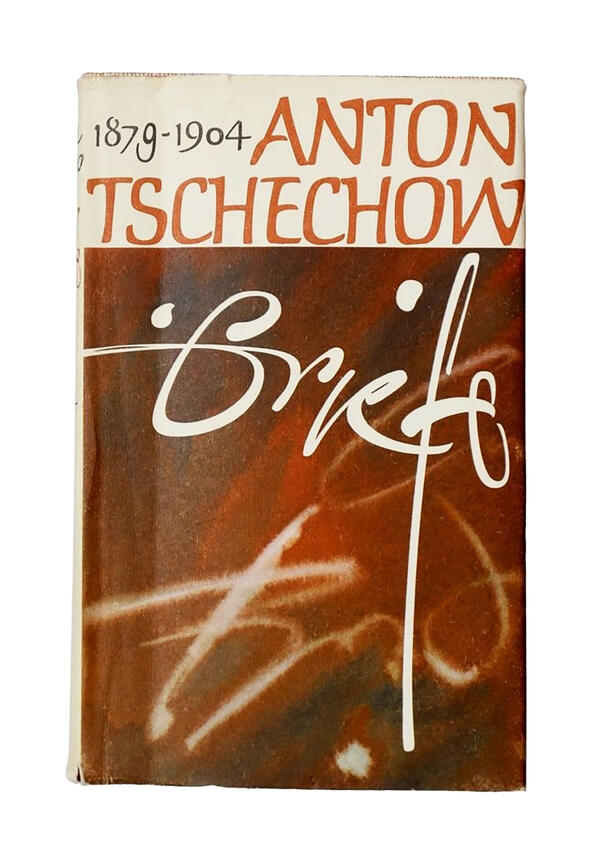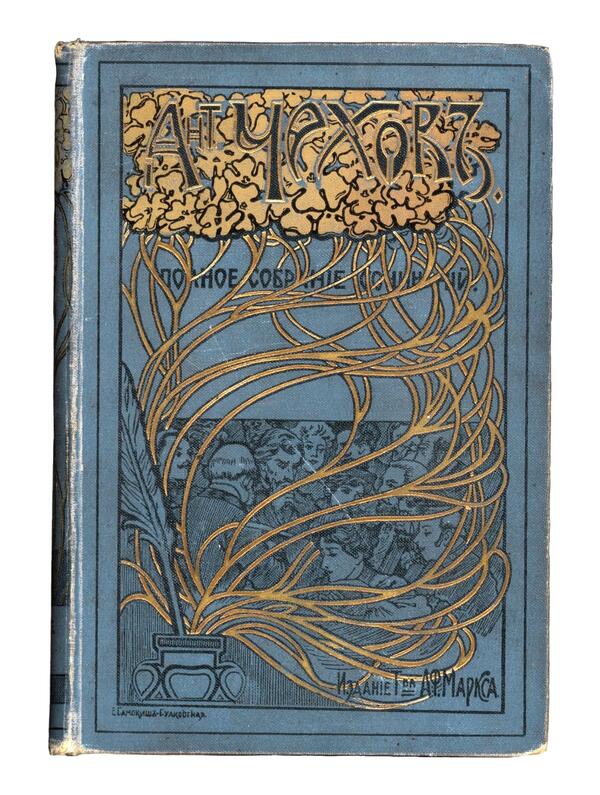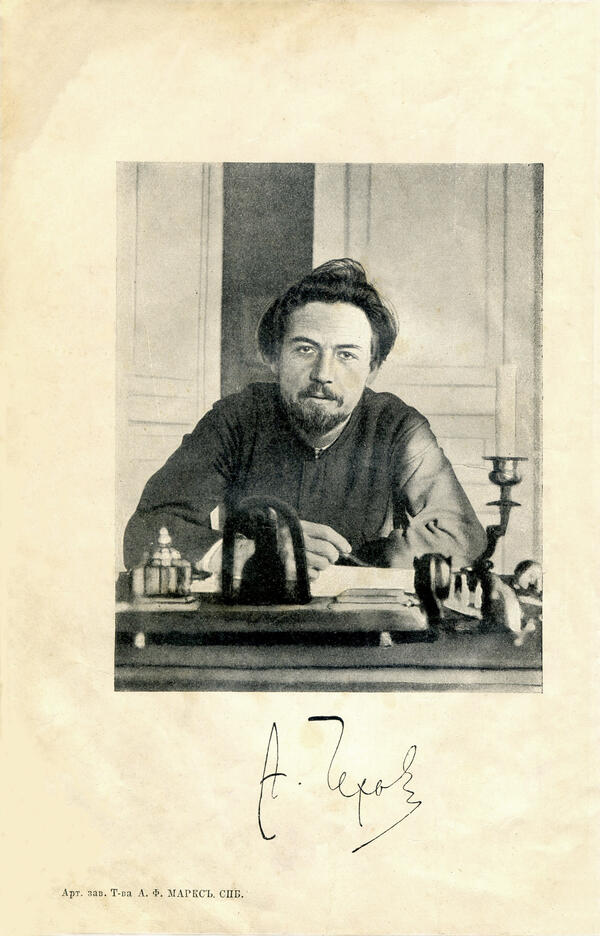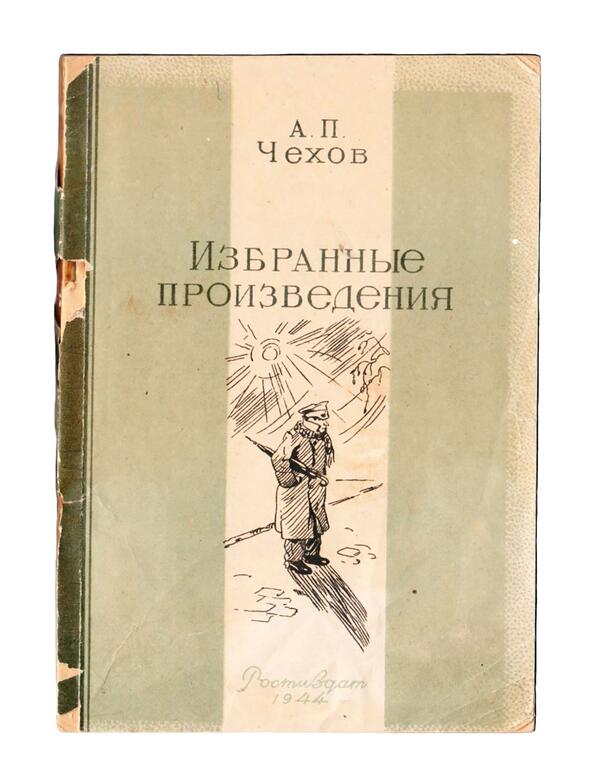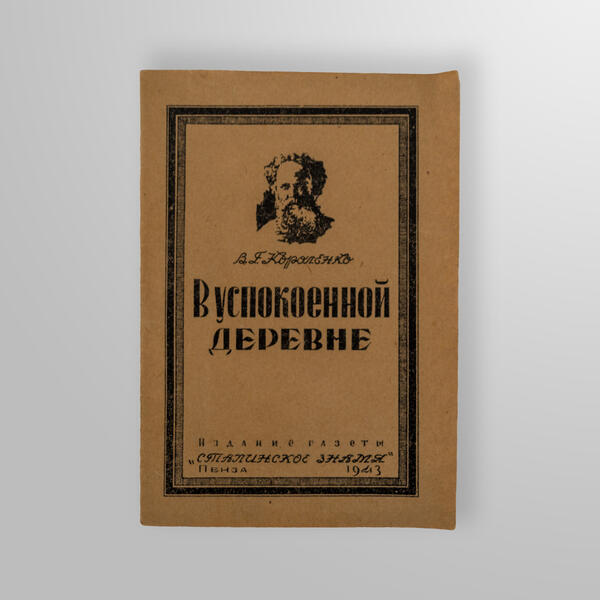In 1921, the Mossoviet allowed private publishers to freely sell books published by them without any state subsidies. Publishers were also advised to re-register. In November 1921, the Board of Mosgubizdat, approved the registration of Sytin & Co among the first five private publishing houses.
At that time, an attempt was made to establish a new form of cooperation between the state and private publishers — the joint-stock company “Book Partnership of 1922”, in which Sytin invested a considerable amount of money. The partnership was engaged in wholesale and retail purchase and trading of printed works on the territory of the RSFSR and abroad. Each of the enterprises included in it had the right to own wholesale warehouses and could conduct autonomous publishing activities. But this form of interaction with the state lasted only a year and did not meet expectations.
In 1922, the board of the “Mospechat” Trust asked Sytin to become chairman of the parity commission to resolve controversial issues of newspaper business. Ivan Sytin continued to work in publishing: he was an authorized representative of his former printing house — using personal connections and relying on his reputation, he managed to buy paper abroad. He organized a school to train masters of printing at the publishing house, took a great interest in paper production, and traveled abroad to Germany and Finland multiple times.
Given the enormous authority of the book publisher, the new government gave him the opportunity, together with a group of cultural figures, to travel to the United States in order to organize an exhibition and sale of paintings by Russian artists. During that trip, Ivan Sytin was offered to leave Russia. But he could not imagine living outside his homeland. Books under the brand of Sytin’s publishing house continued to be published until 1924.
One of the last books of Sytin
& Co was the publication of correspondence between Anton Pavlovich Chekhov
and Vladimir Galaktionovich Korolenko. The book was commissioned by the Chekhov
Moscow State Museum, opened in 1921. It was not by chance that this book was
chosen. It became a tribute from the publisher to the great writer. Sytin met
Anton Chekhov back in 1893 and treated him with great affection all his life.
Ivan Sytin himself wrote about it as follows,


